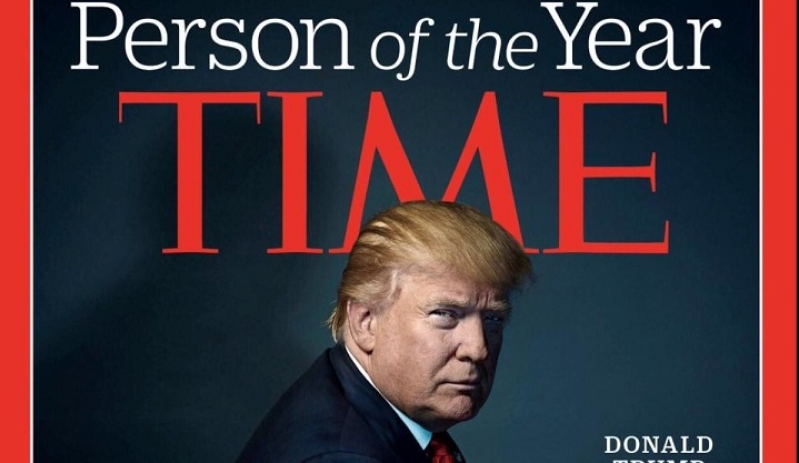
Whenever there is a brand new president in town, you can be sure that there will be changes introduced to the country and the way it runs. This is pretty much inevitable, to say the least. With brand new US President Donald Trump just less than a week into his presidency, we have seen how the world has reacted -- cautiously. In fact, he has mentioned that the US will be pulling out from the TPPA agreement in the South East Asian region, and which other trade tariffs will be reworked or reviewed that will certainly affect the other industries? It seems that the video game industry should pull up its socks and be prepared for the arrival of a possible trade tariff.
According to the Entertainment Software Association, they are currently mulling over and forming a plan in order to work alongside the very real possibility of trade tariffs being introduced for video games by US President Donald Trump. Just in case you were wondering, a tariff is basically a kind of tax that will be implemented, resulting in a higher cost for the consumer regardless of whether we are dealing with imported goods or services into the country. This will make imported items and services more expensive compared to those that are made within the boundaries of the US itself.
If such trade tariffs were to be introduced into the realm of video games, we would definitely see the cost of game consoles and its slew of accessories increase for the end user. After all, majority of these game consoles do come with a “Made in China” or “Made in Japan” label, with the former being a whole lot more common compared to the latter. Games too, which are not manufactured within the US due to the cost of manufacturing being cheaper in other parts of the world, ought to see an increase in prices -- at least for the physical copies of such games. I am not too sure whether a possible trade tariff, if introduced, will result in an increase of price for games that are purchased virtually. Basically, such intellectual property have no manufacturing cost in the classic sense, so to speak.
In fact, there are whispers on the ground that Trump’s team would be looking at a five percent trade tariff, and will not rule out the possibility of a 10 percent tariff, either. After signing an executive order to withdraw from the Trans-Pacific Partnership (TPPA) earlier this week, he also did have a meeting with other business and union leaders.
Should a trade tariff be introduced in the world of video games, then do expect the likes of Nintendo’s upcoming Switch console to be affected, since the Nintendo Switch, in all probability, will be imported into the country. Will video game console manufacturers then work on settling for a lower amount of profits in the long run and accept such trade tariffs that are put in place, or will the final cost be passed down to consumers? Only time will be able to tell.






